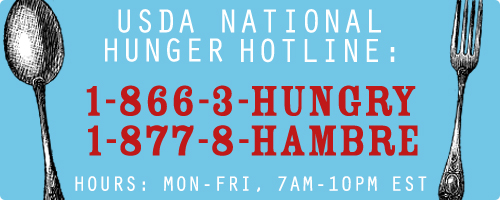Posted in Blog, Children, Education, Healthcare, Hunger
The KIDS COUNT Data Book, a major initiative of the Annie E. Casey Foundation, was first published in 1990 and provides each state with a ranking, percentage, and itemized summary based on four criteria to assess overall child well-being and shows us a picture of children at risk based on these criteria: education; health; economic well-being; and family and community ties. Here in South Carolina, the Children’s Trust of South Carolina acts as a hub for data collection.
At present, our state ranks 42nd in the nation for overall child wellbeing, with little change in the past five years. A closer look shows SC ranks 43rd in education, which includes data on early childhood education through high school dropout rates. We rank 39th in economic well-being, which measures the number of children living in poverty, receiving public assistance and living with a high housing cost, which puts them at risk for homelessness. We also rank 39th in family and community, which looks at how many kids are living in high-poverty areas, single parent homes, foster care, etc. Finally, South Carolina ranks 36th in health, including children without health insurance.
Data can show us what the problems are, but it is up to us to put down the numbers and start the conversation on how to target the problems impacting the safety of our children. The four assessment areas are interconnected and improving one will in turn improve the others. Living in poverty means their parents work tirelessly to provide the most basic necessities. If the family doesn’t have the money for food, lack of healthy meal options may lead to poor nutrition, creating increased health risks for the family as a whole. In high-poverty areas, the educational system often fails children, as well, pushing them out of school and into the juvenile and criminal justice systems, affecting their future job prospects. All of these factors build on each other to create the cycle of poverty, which is passed from generation to generation. Any person working with children in poverty can readily tell you a dozen stories of crossover between these core areas of concern.
Children deserve an equal chance, regardless of the circumstances of their birth. SC Appleseed is working on policy changes to help interrupt this cycle and you can support these efforts:
- Advocating for schools to throw out the zero tolerance policies that don’t work in favor of common sense policies that are proven effective
- Urging state lawmakers to accept federal funding, close the gap and help over 150,000 South Carolinians get affordable healthcare
- Signing schools in high-poverty areas up for community eligibility so all students get free breakfast and lunch
- Ensuring SNAP and other public benefits are there when a family hits hard times and encouraging farmer’s markets to offer the Healthy Bucks program, which gives double SNAP bucks for fresh fruits and veggies.
Though we have made a great start, it is time to finish the job. Let us start by using these valuable data resources to make something great, and actively advocate for agents of change in our community.


